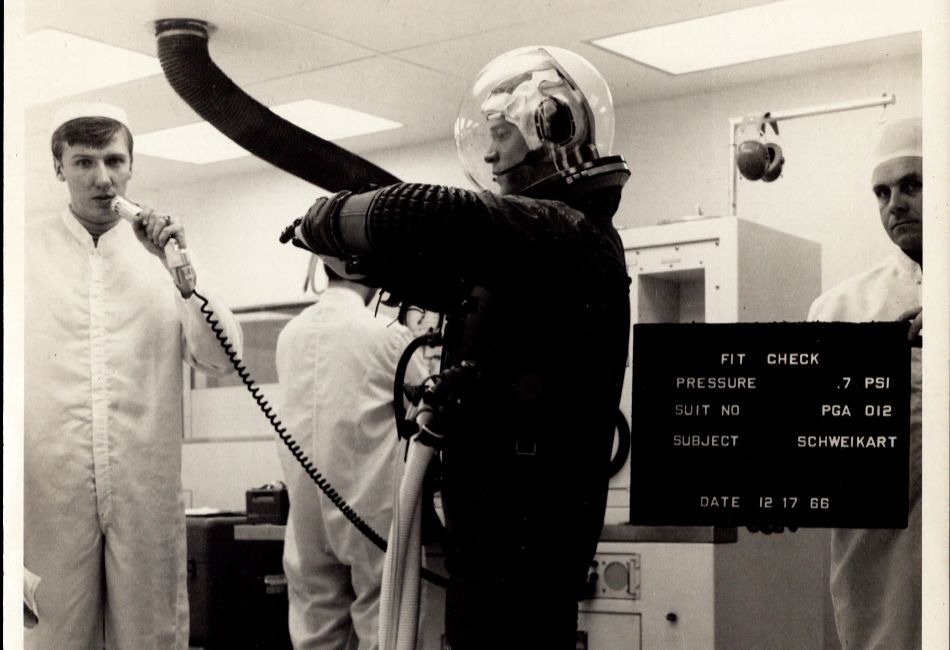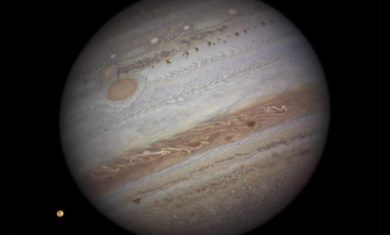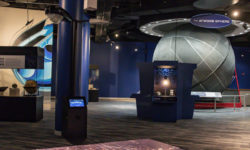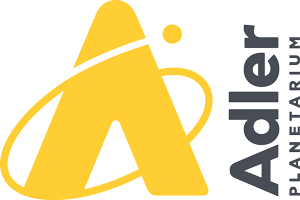Adler Zooniverse Citizen Science Platform Honored By White House
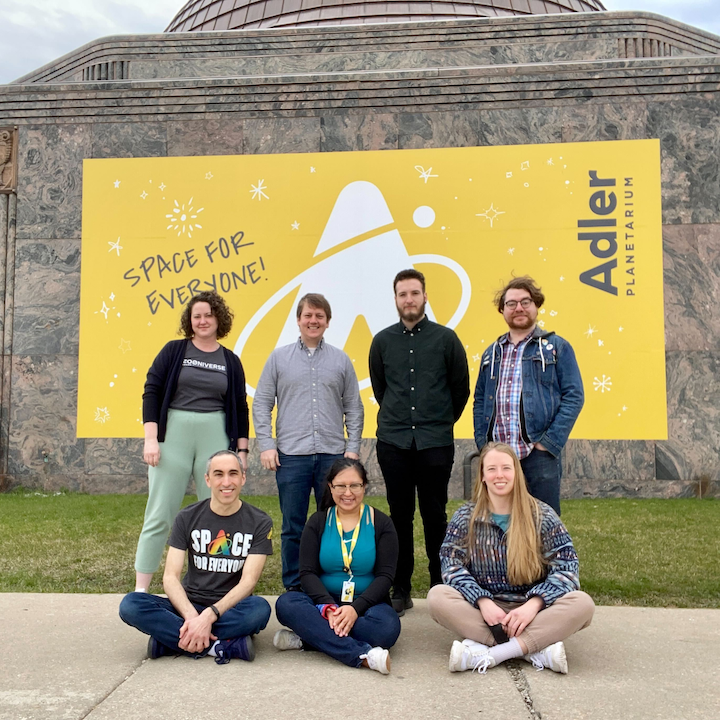
Header Image: The Adler Zooniverse team in front of the Adler Planetarium in Chicago, IL.
Adler Zooniverse—the world’s largest and most popular platform for people-powered research (aka citizen science)—recently won an award from the White House Office of Science and Technology Policy (OSTP)!
The OSTP Year of Open Science Recognition Challenge winners highlight “five different challenge project submissions as ‘Champions of Open Science’ for their work to promote open science to tackle a unique problem.” The Zooniverse platform is the champion of “Open Science to Advance Innovation” because the platform helps connect researchers with volunteers (that’s you) from anywhere around the globe to assist in processing large data sets of information for various research projects. Whether you’re looking at 100 year old drawings of the Sun to help astronomers understand its past or you’re listening to audio clips of frog sounds to help scientists find and protect threatened frogs, you don’t need any specialized background, training, or expertise to participate in Zooniverse projects. Finding a project you’re passionate about helping is easy—just ask the other 2.7 million Zooniverse citizen scientists! All you need to contribute to real academic research is a curious mind, a willingness to learn, and a computer or phone.
“We’re deeply honored by this recognition. It underscores our commitment to Open Science through people-powered research, valuing the public’s diverse expertise and driving innovation beyond traditional boundaries. By democratizing access to scientific spaces and discovery, Adler Zooniverse not only advances research, but also builds trust in science and fosters meaningful engagement within our global community.” Dr. Laura Trouille, PhD, Adler Planetarium’s Vice President of Science Engagement & Visualization
To check out this announcement and see the other winners, read here.
Learn More About Adler Zooniverse
Researchers need volunteers just like you to assist in processing large sets of data for projects across a variety of different topics like art, biology, climate, history, language, literature, medicine, nature, physics, social science, and space.




